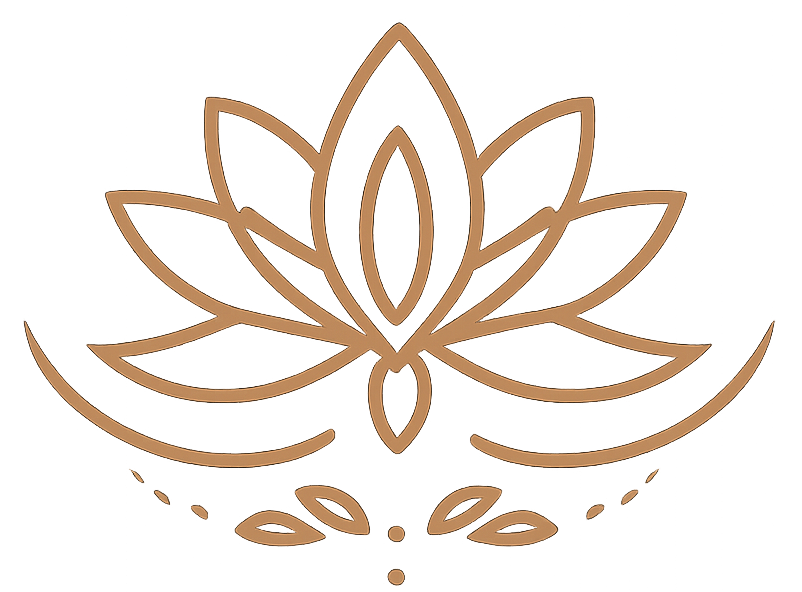In the serene stillness of a mindful moment, the seeds of intuition are sown. As we cultivate mindfulness, we water these seeds, allowing the roots of intuition to delve deeper into the fertile soil of our subconscious. This harmonious cultivation brings forth a bountiful harvest of insights, as mindfulness clears the mental fog, revealing the often overlooked whispers of our inner wisdom. It is in this clarity that intuition thrives, its voice becoming clearer and its guidance more discernible.
The practice of mindfulness is not just a passive act of awareness; it is an active engagement with the deepest parts of ourselves, enhancing our intuitive understanding of the world around us and the myriad choices that shape our lives.
Here are some ways illustrating how mindfulness can enhance intuition:
1. Decision-Making in Daily Life: Mindfulness practice can help individuals become more attuned to their body’s signals, such as the physical sensations associated with a ‘gut feeling.’ For example, someone practicing mindfulness may notice a subtle sense of discomfort when considering a particular option, leading them to intuitively choose a different path that feels more ‘right,’ even if they can’t immediately rationalize why.
2. Creative Endeavors: Artists and writers often report that mindfulness practices help them tap into a deeper well of creativity. By quieting the mind, they are better able to listen to their intuitive impulses, which can guide them toward new ideas and expressions that they might not have accessed through logical thinking alone.
3. Professional Settings: In business or clinical practice, professionals who practice mindfulness may find that they are better able to ‘read’ a room or understand a client’s unspoken needs. This intuitive understanding can lead to more effective communication and decision-making, as they are responding not just to the words being said but to the whole context of the interaction.
4. Personal Relationships: Mindfulness can enhance one’s emotional intelligence, which is closely linked to intuition. By being fully present with others, a person may intuitively understand their partner’s or friend’s feelings and perspectives without them having to explain. This can lead to stronger, more empathetic relationships.
5. Learning and Education: Students who practice mindfulness may find that they are more intuitively drawn to subjects or skills that align with their interests and strengths. This intuitive guidance can help them focus their learning efforts more effectively and achieve greater satisfaction and success in their studies.
6. Health and Well-being: Mindfulness can help individuals become more aware of their body’s needs, leading to intuitive choices about diet, exercise, and rest. For instance, someone might intuitively feel the need for more sleep and decide to go to bed earlier, resulting in better health and increased energy levels.
These examples demonstrate that mindfulness, by fostering a state of open awareness, can create the conditions for intuition to arise more clearly and be trusted as a guide in various aspects of life.
The practice of mindfulness can thus be seen as a way to cultivate and refine one’s intuitive abilities, leading to more aligned and harmonious actions.



